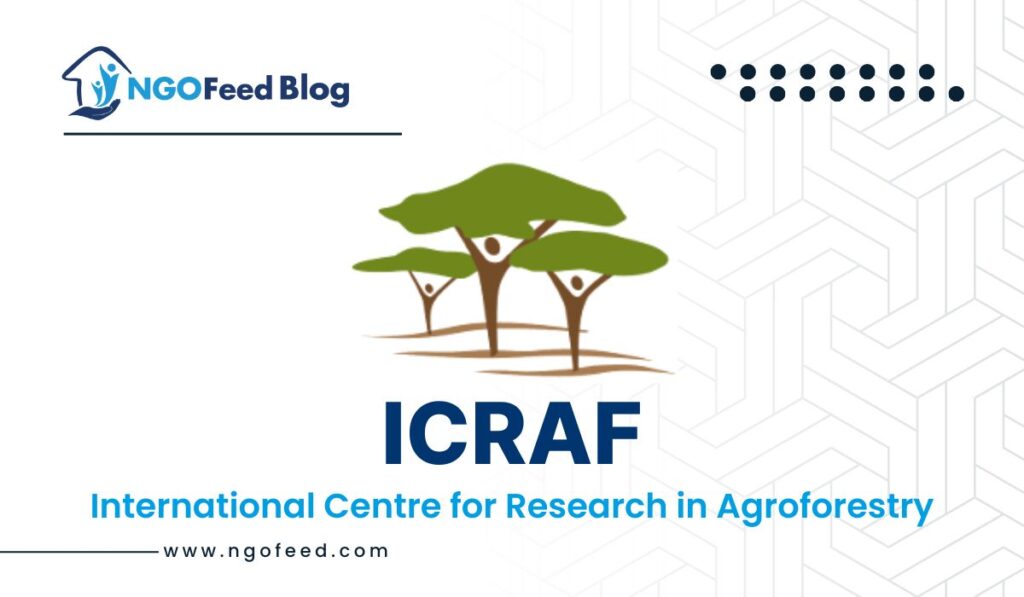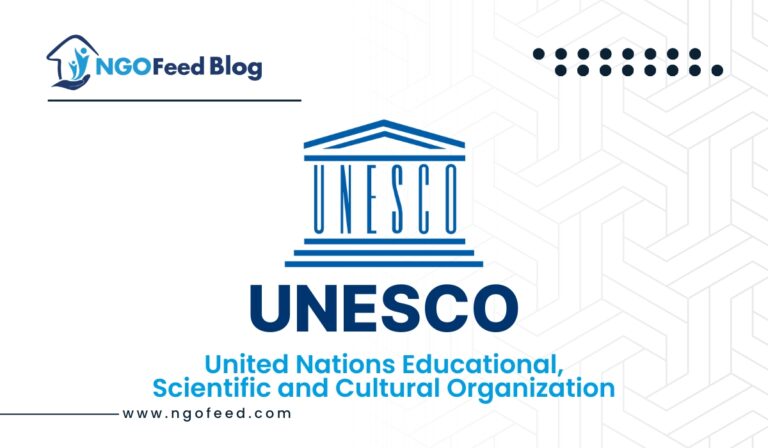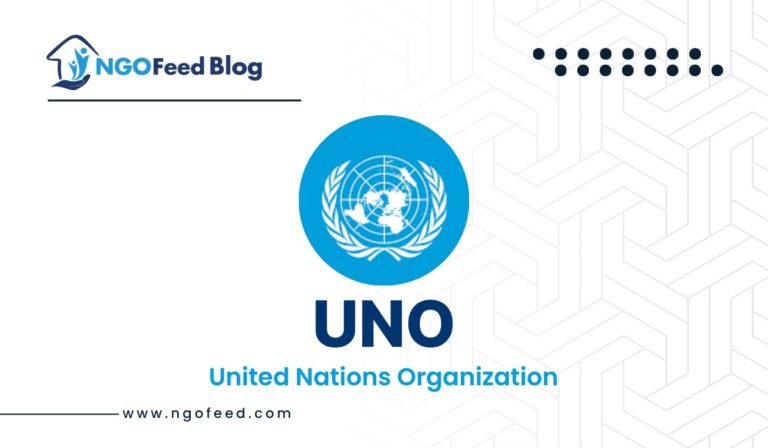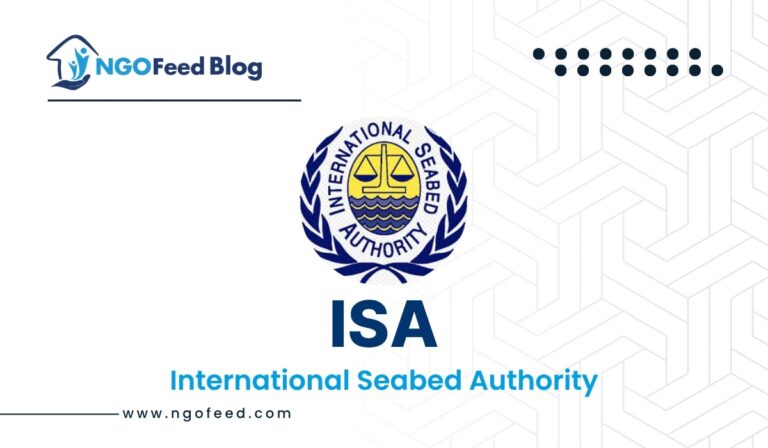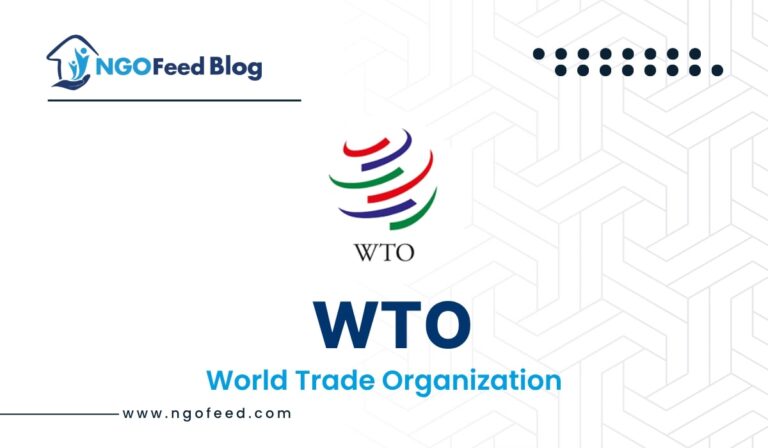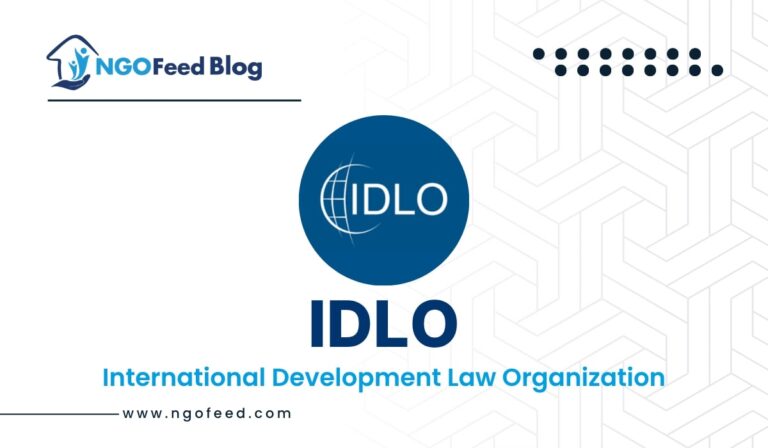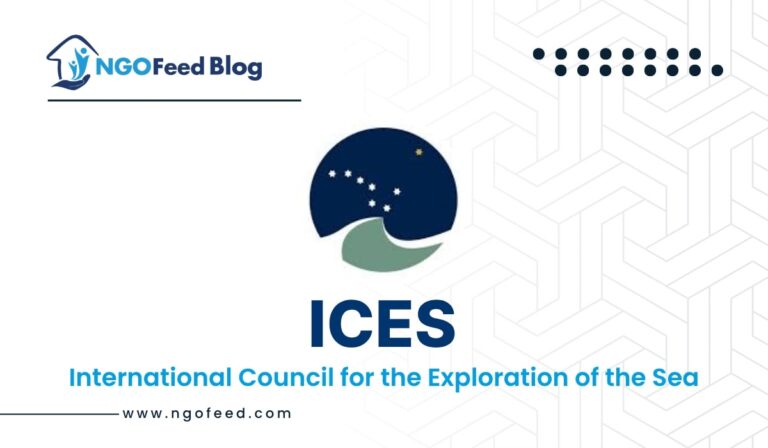ICRAF Full Form: The World Agroforestry Centre, or ICRAF, is a leading centre of innovation and research in the pursuit of environmentally responsible farming practices and sustainable agriculture methods. This centre, which is committed to incorporating trees into agricultural landscapes, is essential in advancing agroforestry, a method that balances environmental preservation and agricultural output. In this blog post, we’ll explore the ICRAF History, Work, Achievements, background, and roles before offering our thoughts on the organization’s influence and future possibilities.
Table of Contents
What is the World Agroforestry Centre or ICRAF?
The World Agroforestry Centre (ICRAF) is an international research organization dedicated to furthering agroforestry knowledge and practice. Using trees and shrubs in agricultural systems to increase production, improve soil health, and improve biodiversity is known as agroforestry. Nairobi, Kenya serves as the headquarters of ICRAF, which was established in 1978 and is a member of the Consultative Group on International Agricultural Research (CGIAR) network. Its goal is to create productive and productive landscapes that are advantageous to both the environment and people.
A Brief History of ICRAF
The late 1970s saw the growing realization of the necessity for sustainable agriculture methods, which is why ICRAF was founded. During that period, traditional farming techniques were showing themselves to be insufficient in satisfying the needs of expanding populations while protecting the environment. The founding of ICRAF was a major step toward a more integrated strategy to land management, as it recognized the potential of agroforestry to address these issues.
ICRAF has been committed to leading the way in agroforestry research and development since its founding. Its focus has expanded over the years to include a variety of topics, such as soil fertility, climate change, and rural livelihoods. Agroforestry is becoming increasingly important in sustainable development, and the centre’s work has played a significant role in influencing agroforestry practices and regulations worldwide.
How ICRAF Functions
ICRAF conducts research and development using an extensive approach that includes:
- Research and Innovation: ICRAF’s primary focus is on conducting in-depth studies on the advantages and applications of agroforestry. This entails researching how crops and trees interact, evaluating the effects of various agroforestry systems, and creating fresh approaches to maximize land utilization.
- Collaboration and Partnerships: ICRAF works with a variety of partners, including governments, NGOs, research institutions, and local populations, understanding that complex situations necessitate cooperative solutions. These collaborations improve the centre’s capacity to scale up innovative ideas and apply workable solutions.
- Capacity Building: ICRAF is dedicated to enhancing local capacity by offering farmers, extension agents, and legislators assistance, resources, and training. This guarantees that techniques and information are effectively disseminated and implemented at the local level.
- Policy Advocacy: The center actively promotes laws that assist agroforestry. ICRAF contributes to the development of national and international policies that support sustainable land management by interacting with stakeholders and offering suggestions based on solid data.
- Knowledge Dissemination: ICRAF distributes its research findings and useful insights to a global audience through publications, workshops, and digital platforms. This information sharing promotes the use of agroforestry techniques and aids in the spread of best practices.
Achievements of ICRAF
ICRAF has made numerous and significant contributions to agroforestry and sustainable land management.
- Innovative Agroforestry Systems: To increase productivity and resilience, ICRAF has created and supported several agroforestry systems that combine trees with crops and livestock. The widespread use of these systems across multiple nations attests to their usefulness.
- Restoration of Degraded Areas: Using agroforestry techniques, the centre has played a key role in the restoration of degraded areas. In the impacted areas, our activity has improved livelihoods, raised biodiversity, and improved soil fertility.
- Climate Change Mitigation: Research conducted by ICRAF has emphasized the importance that agroforestry plays in sequestering carbon and reducing the effects of climate change. The centre’s work aids in international initiatives to cut greenhouse gas emissions and prepare for a changing climate.
- Community Empowerment: ICRAF has contributed to increased food security, income, and resilience by interacting with nearby communities and assisting smallholder farmers. Its initiatives frequently incorporate social and economic elements that improve rural communities’ general quality of life.
- Global Impact: Agroforestry policies and practices around the world have been impacted by the knowledge and research of ICRAF. International frameworks and agreements that acknowledge the importance of agroforestry for sustainable development bear the mark of the centre’s contributions.
Conclusion
The World Agroforestry Centre (ICRAF) is proof of the possibility of achieving sustainability through the integration of trees into agricultural systems. In addition to addressing global issues like climate change, land degradation, and food security, ICRAF has made great progress in promoting agroforestry through its innovative research, collaborative approach, and dedication to capacity building. A stronger and prosperous future for communities and ecosystems alike will surely be shaped by ICRAF’s creative ideas and commitment to sustainable land management as the globe struggles with these urgent challenges.

